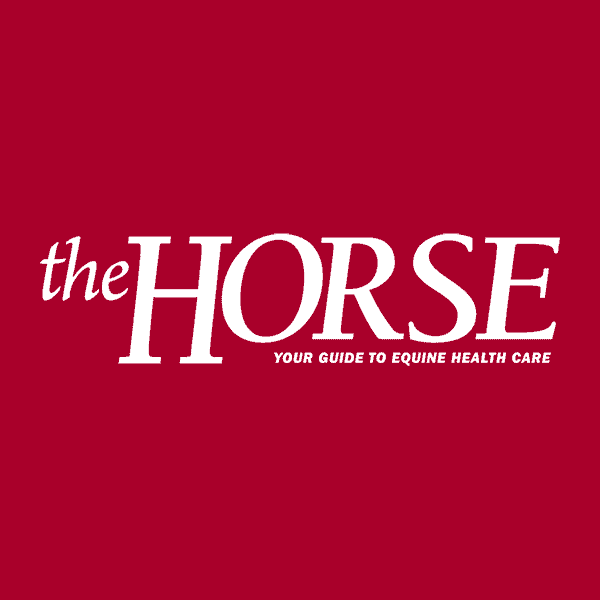West Nile Virus Vaccination Program
On Nov. 3, the Florida Equine Practice Committee met in Ocala, Fla. One of the main topics of discussion was the protocol for using the West Nile virus equine vaccine manufactured by Fort Dodge Animal Health.
According to Dr. Maury B.
- Topics: Article, Vaccinations, West Nile Virus (WNV)
On Nov. 3, the Florida Equine Practice Committee met in Ocala, Fla. One of the main topics of discussion was the protocol for using the West Nile virus equine vaccine manufactured by Fort Dodge Animal Health.
According to Dr. Maury B. Linkous of Odessa, Fla., who took part in the meeting, Dr. Maureen Long, a faculty member of the veterinary school at the University of Florida, has worked extensively with WNV cases, and made the following recommendations and statements:
- The frequency of vaccination should be adjusted according to the prevalence of WNV and mosquito activity in each locale.
- Initial vaccination (both injections) should take place before the onset of the mosquito or arbovirus season.
- For the state of Florida, although WNV can occur througout the year, the peak WNV encephalomyelitis cases occur during August, September, and October.
- Initial vaccination must include two injections, three to six weeks apart. Most disease in vaccinated horses has occured in horses that have not received two initial boosters.
- After the initial vaccine series, repeat vaccinations are recommended every three to six months as long as WNV encephalomyelitis epidemics are occuring in specific locales. This is based on the observation that the few vaccinated horses reported with severe disease generally appear to become infected three to four months after vaccination
Create a free account with TheHorse.com to view this content.
TheHorse.com is home to thousands of free articles about horse health care. In order to access some of our exclusive free content, you must be signed into TheHorse.com.
Start your free account today!
Already have an account?
and continue reading.

Written by:
The Horse Staff
Related Articles
Stay on top of the most recent Horse Health news with















